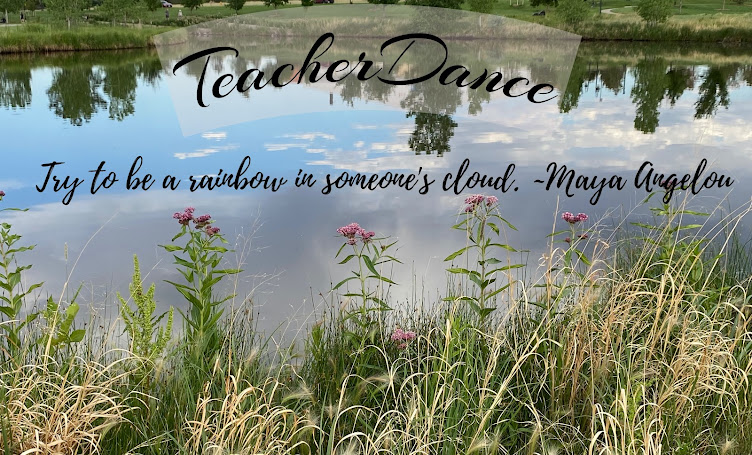How hard it is to escape from
places. However carefully one goes they hold you - you leave little bits
of yourself fluttering on the fences - like rags and shreds of your very
life. ~Katherine Mansfield
When I taught my middle school classroom of mixed
6th, 7th and 8th graders, we spent a great deal of time exploring the sense of
place. This includes
characteristics that are unique to that place, involving what humans have
brought, their local knowledge and folklore. It is important for humans to identify oneself in relation
to a particular place on Earth.
Our study often
connected to students’ individual units, it informed what they did with setting
when they were writing fiction, or connected to personal memoir when recording
special experiences with family or friends. The Internet is a new experience with researching place in
that it not only holds so many images that once could only be found in books or
magazines, but one can access virtual trips at places everywhere in the world
on YouTube.
However, in earlier
years, before the Internet was around, my students studied maps, where
roads were built, asked why; looked at waterways, the first and easiest way to
travel; found books with stories of place descriptions by writers of long ago,
then came to their own conclusions about how a place became what it was or is
today. Sometimes I regret the easy
answers that someone else has given on the Internet.
To begin such a
research process that would be carried throughout the year, each year, but in
different ways, it seems important to connect to a sense of place personally;
therefore, one assignment I often began the year with is about students’
homes. It is a combination art
and writing assignment. They were
to find what they believed was a favorite place in their homes. It could be a corner of a living area
with a special chair, a part of his or her own rooms, an area of the kitchen,
and so on. Each sketched his
or her special place and wrote a description of what it meant and why. When all was brought to final draft,
the work was presented to the group and then displayed. This was not only the spark that
brought various ideas to discuss as a group, but helped us begin to know each
other as a community. We began to
see parts of the classroom as “place”, and the traditions that were already
there when these students came into it, like a blue fuzzy chair or a private spot
on a warm rug in a corner. From
there, we widened the studies into many kinds of place connections, and that
I’ll write about another time.


What a fabulous idea - to anchor the lesson in what our kids can readily identify with so that they are ready to "go global" in their history lessons. Thanks, Linda.
ReplyDeleteI really hope that more join us Tara. This is such fun to think about, how social studies is a large part of our teaching.
DeleteI hadn't really thought about it as establishing 'place', but when my students did a year long around the world project with a group of moose and exchange animals, I sent a camera home with the animal so they could take pictures of them in special 'places' in their homes. I wanted them to invite the guest in and share their lives for a bit. I must say that they really enjoyed capturing those special places and people, and then writing about them.
ReplyDeleteI believe it's definitely a 'beginning' of understanding that things around us affect who we are & how we live, how others perceive us in place & we perceive them. It's an interesting concept that permeates so much of what our lives are like.
DeleteI love this idea! It would be so interesting to see what areas each identified personally to and how they would write about this "place." I think I would like to do this for myself as a little assignment. Love your thinking.
ReplyDeleteSometimes things are special for very different reasons than we could imagine, aren't they? It was great to see the varied responses & to hear the story about them, too.
DeleteWhat a very thoughtful post. Curious how something so tangible (as a place) can also be symbolic, transient, and profound. :)
ReplyDeleteThere are numerous ways to approach place and I tried to emphasize the ways every chance possible in the classroom. Your words, symbolic, transient and profound, have me thinking of still another approach Myra. Thank you!
Delete